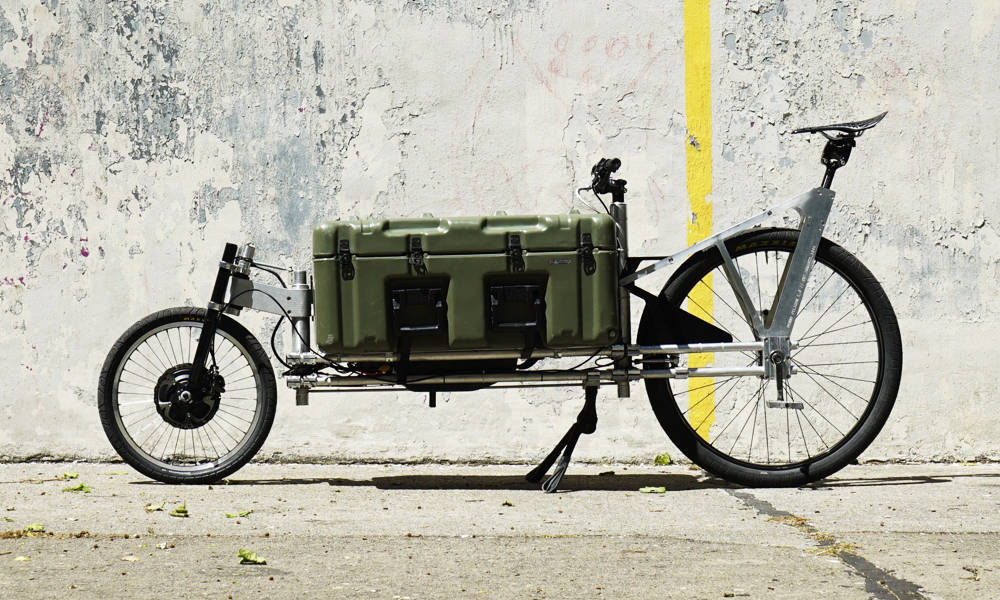Being informed about the various choices for your car warranty allows you to sidestep unexpected repair costs. Different kinds of warranties for auto repairs offer a range of restrictions and coverage options. This page will offer insights into extended auto repair warranties, including details on third-party and manufacturer options.
Assurances from Producers
New cars typically come with manufacturer warranties. It includes targeted repairs and services for a duration of three years or 36,000 miles, depending on which limit is reached first. Typically, these guarantees encompass the engine, transmission, and drivetrain. Many manufacturer warranties do not cover tires and brake pads, so be sure to examine the details closely. Furthermore, tire rotations and oil changes might not be part of the package. Understanding these specifics will empower you to care for your vehicle and secure coverage in case of a significant mechanical issue.
Extended Guarantees
Service agreements or extended protection plans are frequently offered during the car buying process or at a later date. They provide additional protection that goes beyond the manufacturer’s warranty, ensuring car owners feel secure and confident. Extended warranties might focus solely on the engine or offer comprehensive protection similar to the manufacturer’s warranty. Drivers should carefully consider the benefits and drawbacks of extended warranties. Take into account the vehicle’s age, mileage, and coverage restrictions when forming your conclusions. For in-depth insights on extended warranties and repair solutions, reach out to auto repair shop in Houston, TX.
Guarantee from External Providers
Independent companies provide third-party warranties, rather than original equipment manufacturers. Certain warranties stand out as they can be customized to fit unique requirements and financial plans, offering a range of coverage options. However, an overwhelming number of choices can complicate the search for a reliable provider. Therefore, it’s essential to conduct a comprehensive analysis of these companies’ financial performance and customer feedback. Third-party warranties might provide coverage for repairs at a wider range of service locations, yet they could come with varying restrictions or exclusions compared to manufacturer and extended warranties.
Exploring Reportage
Take into account various elements prior to purchasing an auto repair warranty. Begin by reviewing the terms and conditions to grasp the coverage details. Inquire about the hours for customer support, the process for filing claims, and details regarding deductibles. Understand the terms of coverage and the limitations on mileage. Think about how the warranty integrates into your vehicle’s journey; a solid warranty will address rising expenses as it matures. Be sure to verify whether the warranty can be transferred in the event you decide to sell the car prior to its expiration.
Common Exclusions
Grasping the nuances of auto repair warranty coverage and typical exclusions is essential. Numerous warranties do not cover maintenance, wear-and-tear, and modifications to the vehicle, potentially leading to unforeseen repair costs. Typically, other environmental risks such as severe weather impacts and accidents are effectively mitigated. Understanding these constraints can guide your decision on whether to invest in additional insurance or allocate funds for upkeep.










